Russian President Vladimir Putin and Donald Trump could meet face-to-face later this month after a summit in Saudi Arabia. A “handshake” between the two leaders could end the conflict in Ukraine. It could be a big economic gamble.
Kremlin spokesman Dmitry Peskov said on February 19 that Russian President Vladimir Putin and US President Donald Trump could meet face-to-face as early as this month, following the Russia-US talks between the two foreign ministers: Sergey Lavrov (Russia) and Marco Rubio (USA) in the capital Riyadh of Saudi Arabia on February 18 and without any representatives from Europe or Ukraine. Previously, President Trump said he could meet the Russian leader in February.
The meeting lasted more than 4 hours between the US and Russian foreign ministers with the main goal of finding a feasible solution to end the conflict in Ukraine, but also opened up opportunities for cooperation between the two countries.
Despite strong opposition from Ukraine and the EU, the meeting is considered a turning point on the path to a peaceful solution for the region, thereby helping the US reduce its financial burden, promote economic cooperation with Russia in many aspects such as investment and energy, especially considering implementing joint projects in the Arctic... While the Kremlin may be less pressured by Western economic sanctions.
The US and Ukraine could have cooperation agreements, like the mineral deal Washington proposed last weekend. The EU would be more stable, and the regional and global economy would undergo major changes.
So if the "handshake" between Mr. Trump and Mr. Putin is successful, what will happen to the financial markets, commodities and the world economy? Will there be any big changes?
What does America want under Trump?
In the first weeks of Mr. Trump's second term in the White House, the United States has had huge changes in domestic and foreign policies with domestic and import tax policies, energy policies, etc. Washington is making strategic shifts.
The United States under Trump seems to be carrying out a comprehensive revolution and restructuring of global power. The US's direct negotiations with Russia on Ukraine, and Vice President JD Vance's criticism of Europe... are probably just the beginning of America's new global strategy.
The US’s thinking about partners, rivals, etc. is probably also changing. This new strategy may cause international relations to fluctuate, the world to be shaken, global supply chains may also change, thereby affecting financial and commodity markets.
For now, the US is pushing to resolve the Ukraine issue, but this could be followed by cooperation with Russia and then a trade war with China and many other countries.
The US currently considers China a comprehensive strategic competitor on many fronts, from economics, technology to military and diplomacy. The US strategy towards China focuses on containing its technological and economic power; strengthening cooperation with many other countries...
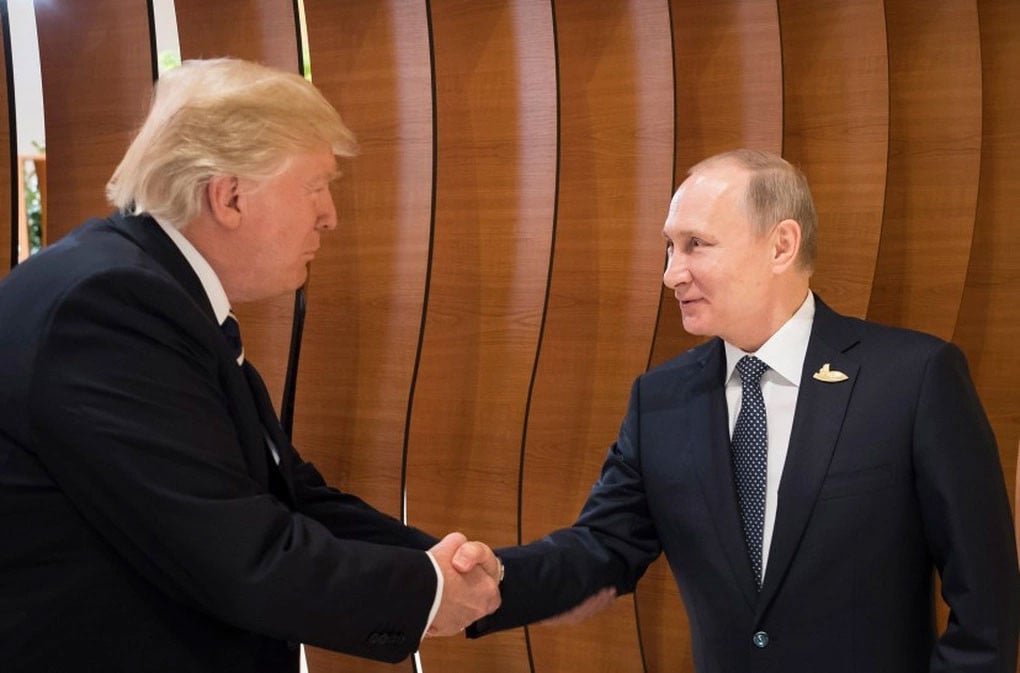
Economic impacts
If the US and Russia cooperate and end the conflict in Ukraine, this will have major impacts on the economies of both countries as well as the global economy.
For the US, if the conflict in Ukraine ends, the first thing that can be seen is a decrease in oil and gas prices due to more stable supplies from Russia. This will help cool down inflation in the US, reducing production costs.
Previously, Mr. Trump also announced a diversified energy policy, promoting oil and gas exploitation, reducing environmental regulations and expanding fossil fuel production to ensure energy independence to reduce costs, thereby curbing inflation as well as to balance the possibility of rising commodity prices due to the trade war with many countries, including China.
The United States under Trump is pushing to reduce its dependence on critical minerals from China and Russia, hoping for mining deals with Ukraine and its allies.
Europe must now seek alternative energy sources to Russia. If US-Russia relations improve, the US could lose some of its LNG market share in Europe. In addition, when world oil and gas prices fall, it will affect US shale oil producers.
If the conflict in Ukraine ends, it could help US stocks react positively, thereby stimulating investment flows into the US.
For Russia, if US President Donald Trump “shakes hands” with Mr. Putin, Russia-US cooperation will be strengthened, some sanctions may be eased, which will help Russia access technology, finance and international markets more easily. The ruble will stabilize and inflation will be better controlled.
Russia could then also restore oil and gas exports to Europe, but would still face competition from the US and the Middle East.
Russia and Ukraine are known as the world’s two leading wheat exporters. If the conflict ends, grain prices could fall due to more stable supplies. These two countries are also large suppliers of many important metals such as titanium, lithium, rare earths, aluminum, nickel, palladium, etc. If trade relations are resumed, prices of these metals could fall.
The war in Ukraine has disrupted global supply chains, particularly wheat, sunflower oil, natural gas and rare earth metals. If the war ends, supply chains will be more stable.
Lifting some sanctions could help international trade grow, especially between Russia and Europe.
For China, it has benefited from sanctions against Russia by buying cheap energy and expanding its influence. If Russia and the West cooperate again, China may lose some of these advantages.
Thus, it can be seen that if the US and Russia cooperate to end the war, this will help stabilize the global economy, but also create major changes in supply and demand in the energy, food and metal markets. The US may be at a disadvantage in energy and weapons exports, but inflation will decrease and Mr. Trump will have more room in economic wars with China. Meanwhile, Russia has a chance to recover economically if sanctions are eased.
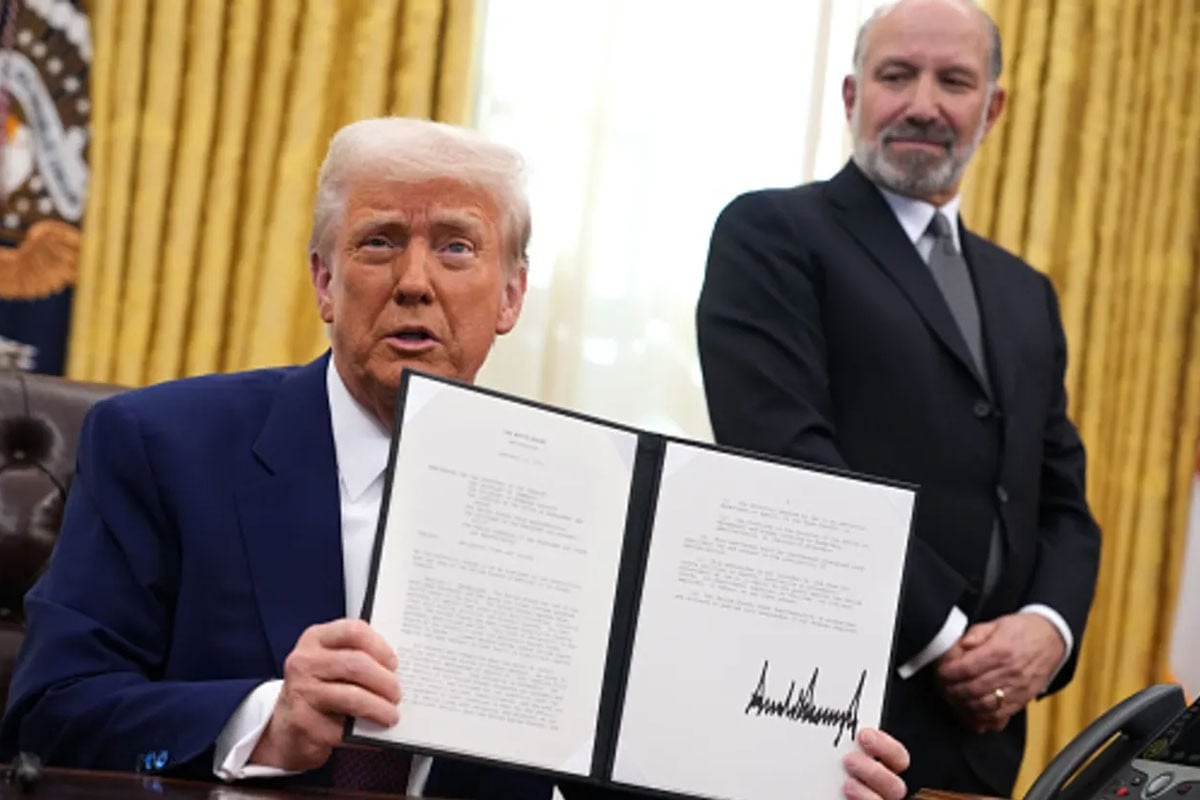
Source: https://vietnamnet.vn/donald-trump-bat-tay-ong-putin-van-bai-lon-thi-truong-nao-bung-no-do-vo-2373102.html




![[Photo] Bustling Mid-Autumn Festival at the Museum of Ethnology](https://vphoto.vietnam.vn/thumb/1200x675/vietnam/resource/IMAGE/2025/10/4/da8d5927734d4ca58e3eced14bc435a3)

![[Photo] General Secretary To Lam attends the 8th Congress of the Central Public Security Party Committee](https://vphoto.vietnam.vn/thumb/1200x675/vietnam/resource/IMAGE/2025/10/4/79fadf490f674dc483794f2d955f6045)
![[Photo] Solemn opening of the 8th Congress of the Central Public Security Party Committee, term 2025-2030](https://vphoto.vietnam.vn/thumb/1200x675/vietnam/resource/IMAGE/2025/10/4/f3b00fb779f44979809441a4dac5c7df)
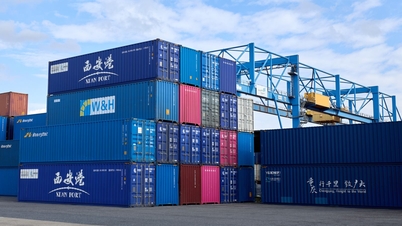

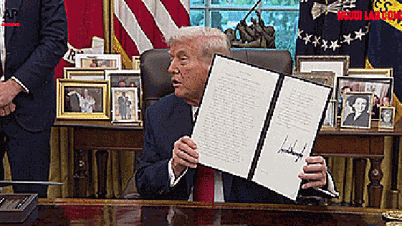



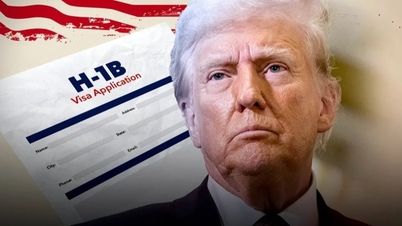














































![[VIDEO] Summary of Petrovietnam's 50th Anniversary Ceremony](https://vphoto.vietnam.vn/thumb/402x226/vietnam/resource/IMAGE/2025/10/4/abe133bdb8114793a16d4fe3e5bd0f12)

![[VIDEO] GENERAL SECRETARY TO LAM AWARDS PETROVIETNAM 8 GOLDEN WORDS: "PIONEER - EXCELLENT - SUSTAINABLE - GLOBAL"](https://vphoto.vietnam.vn/thumb/402x226/vietnam/resource/IMAGE/2025/7/23/c2fdb48863e846cfa9fb8e6ea9cf44e7)


































Comment (0)